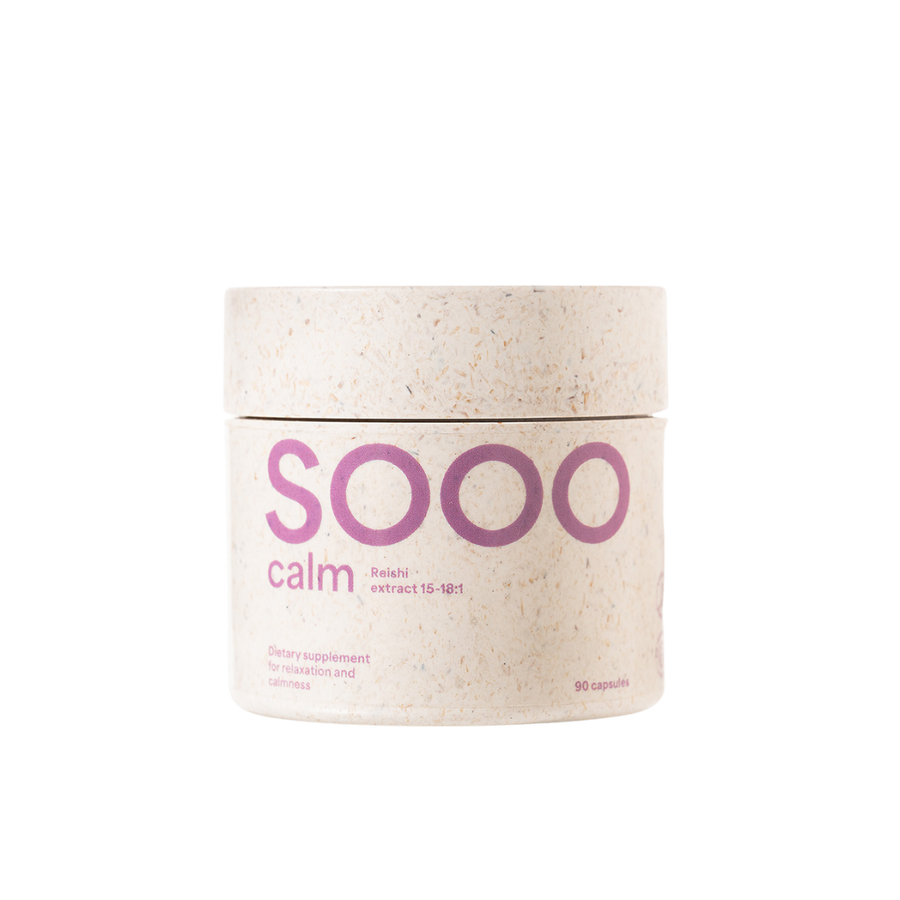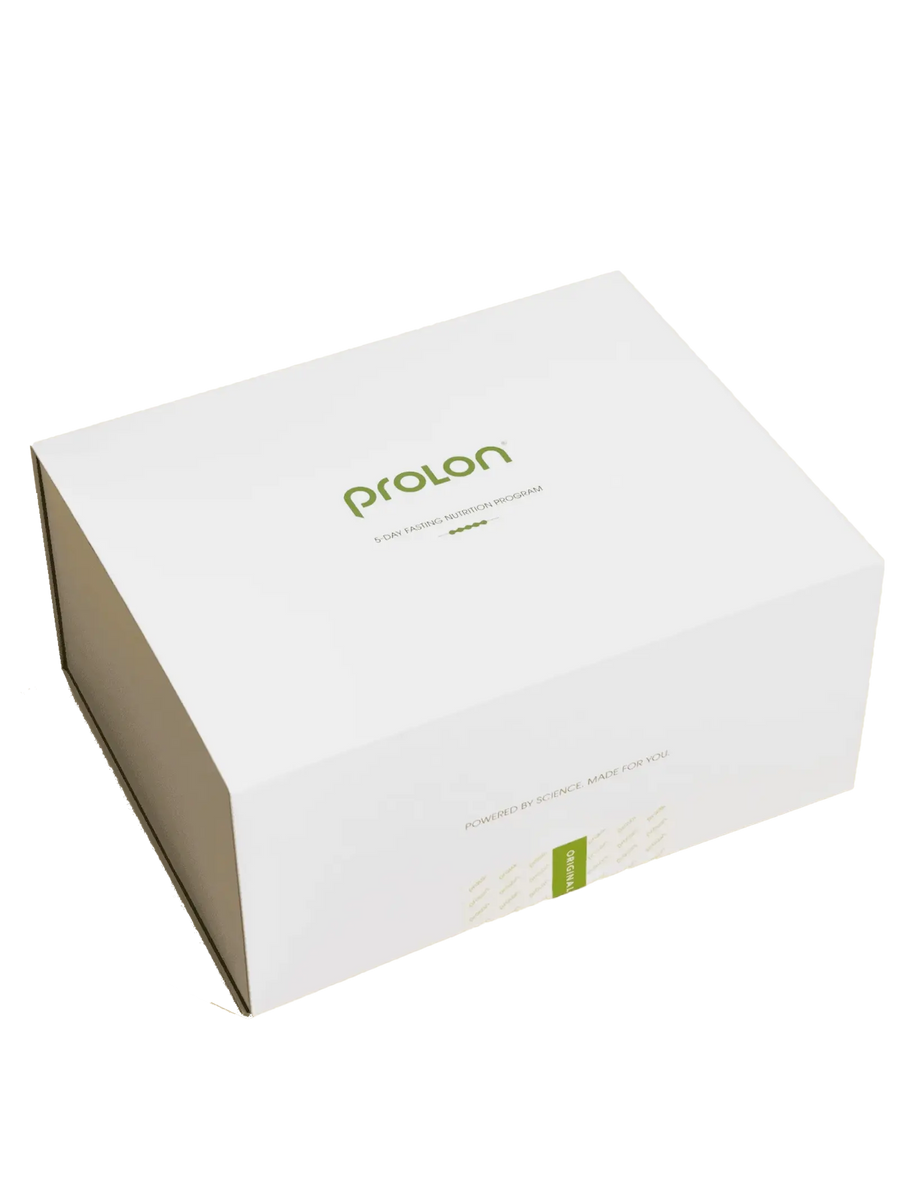Secrets for better sleep?
STRUGGLING TO GET SLEEP? OR MAYBE YOU CAN'T STAY ASLEEP? BELOW YOU WILL FIND LITTLE TIPS THAT WILL HELP YOU SLEEP A LITTLE MORE AND GIVE YOU MORE RESTFUL NIGHTS - by Eleana Papacharalambous
We've heard it before: if you have trouble sleeping you will need to adopt a completely ascetic lifestyle, free of all contentment. No more coffee. No more alcohol. No more TV before you go to bed and don't forget your strict bedtime routine, as if you were ten years old. You might want to perfect your meditation skills, too...
You might try all this for a few nights, maybe even a week. But then the demands of real life in the real world quickly shatter any illusion that aspires to such a rigorous asceticism. Not to mention that no amount of chamomile would ever be enough to appease your need for coffee. And so give up frequent nights of insomnia and tossing and turning in bed.
It's a shame when you consider the importance and benefits of a good night's sleep. It allows us to function, feel and look better, enjoy sex more, and even manage our weight more easily. But the good news is that the best sleep experts are taking a more pragmatic approach to helping women improve sleep quality.
'If you look at the evidence you'll see that the rules don't have to be so strict,' says Michael Grandner, a sleep drug researcher at the University of Pennsylvania. 'There's plenty of ground for a middle ground.'
Exactly. The 'all or nothing' approach is not necessary. Below are some feasible suggestions from Grandner and other experts.
KEEP YOUR LITTLE SINS - BUT ENJOY WITH MODERATION
'There's nothing wrong with good coffee or good wine,' says Rubin Naiman, a sleep specialist at the University of Arizona's Center for Integrative Medicine and author (with Andrew Weil) of 'Healthy Sleep. The key solution to alcohol and coffee is self-restraint and proper timing.
As for coffee, Naiman suggests limiting yourself to one or two cups in the morning, pairing it with food and if possible try to drink your coffee in the sunlight. 'Morning light is nature's coffee,' he says. 'It increases serotonin production. If you combine sunlight with a cup of coffee, you won't need as much caffeine.'
You can get away with a little more caffeine in the early afternoon, but Michael Breus, a clinical psychologist who specialises in sleep disorders and author of 'Beauty Sleep: to look younger, lose weight and feel better with more restful sleep', suggests cutting out caffeine after two in the afternoon. 'Caffeine stays in your body for about eight to ten hours,' she says.
It may come as a surprise that Naiman says espresso contains much less caffeine than regular coffee - about 80 mg as opposed to 140 mg per serving.
Of course, if you fall into the brave category and are prepared to cut out caffeine altogether and switch to green tea, we're only talking about 25 mg of caffeine per cup. 'Green tea also contains L-Theanine,' says Naiman, 'which is a sedative that regulates the effects of caffeine.
You know those Cassandras who half-eye you when you order decaf after dinner, warning you, 'Did you know decaf isn't completely free of caffeine?' Tell them it only contains 5 mg, so you're not going to change your order.
As far as alcohol is concerned, things are similar. 'The less and the earlier you drink, the better, and always accompany it with food,' says Naiman. 'If you drink late at night, it may help you fall asleep quickly but after a few hours it will wake you up with its stimulant effect'. Breus agrees, adding, 'For every drink you consume - whether it's wine or something stronger - 'add an hour before you go to bed. Your body needs an hour to metabolize the alcohol contained in a drink'.
Breus also says, 'Darker coloured wines and drinks seem to have a greater effect than lighter coloured ones, although we don't know why'. This may explain the fact that has been observed by many, namely that they find it more difficult to sleep after consuming red wine than white. 'Red wine contains more substances that people may be allergic to, such as tannins, prostaglandins and histamines,' says Gradner. 'Even if there's no allergy, these substances can disrupt sleep.'If you smoke, have your last cigarette early because nicotine is a stimulant.
Try to limit fatty foods. Grandner co-authored a study that revealed that 'in the long run, women - especially older women - who eat more fatty and calorie-rich foods sleep less over time and report feeling sleepy during the day'.
SHIFTING GEARS
Although a regular sleep schedule is recommended by most sleep experts - 'Regularity can be a very powerful sleep aid' observes Grandner - it's not easy to maintain a rigid routine. No matter what time you go to bed, give yourself an hour to settle down.
Try a bubble bath. 'It has to be a bubble bath,' explains Breus, 'because the foam provides insulation that keeps the water warmer. It doesn't just relax the muscles. It also raises your temperature. Then when you get out of the bath, your temperature drops, which helps produce melatonin - which helps you sleep.' And remember to throw in some lavender oil, which, he adds, 'studies show helps relaxation.'
Lower the temperature at home. 'Our bodies are designed to do what the earth does,' says Naiman, who recommends that patients don't raise the thermostat above 20°C. 'When the sun goes down, the temperature drops steadily, and so does our body temperature.
Light yoga and breathing exercises before bedtime are good for you. But a bit of reading or TV won't hurt either, especially if you avoid anything that's intense and upsetting. 'I actually recommend that my patients watch Seinfeld reruns,' says Naiman. 'Laughter can be soothing and helps muscles relax.
However, if you're going to watch TV at night, Naiman suggests wearing blue-blocker glasses. (Check out lowbluelights.com.) 'TV and computer screens emit a lot of blue light,' he explains. 'It's the same wavelength that makes the sky blue. It suppresses melatonin.' This suppression makes it harder to sleep.
SAVE THE LIGHTS
The darker the bedroom, the better to maintain essential melatonin levels. 'Get blackout curtains,' says Breus, 'and a sleep mask for travel.'
Even the light from your alarm clock should be turned off. 'Turn it on the other side,' Grandner suggests. 'The first thing to do in case you can't sleep is to look at the clock, and the second thing is to work out how many hours of sleep you have left. How many people can relax by doing math?'
READ
If you can't calm your mind, try calming your breathing. Naiman suggests a 4-7-8 ratio breath: 'Place the tip of your tongue behind your upper front teeth. Inhale through your nose, counting to 4. Hold your breath counting to 7. Then, counting to 8, exhale through your mouth. Repeat three times.
DON'T RELY ON DRUGS
Of course there will be nights when you just want to take a pill. Grandner says pharmaceuticals like Ambien and Lunesta can be helpful, but only in the short term. Breus compares regular use of sleeping pills to using diet pills: it's not a long-term solution.
If none of the above has worked, get out of bed and do something relaxing. 'This is the core of insomnia treatment,' says Grandner, 'and has been shown to be of more long-term benefit than any sleeping pill.
Eleana Papacharalambous is a specialist Health and Wellness consultant with a long history of developing specialist preventative and regenerative medicine centres







